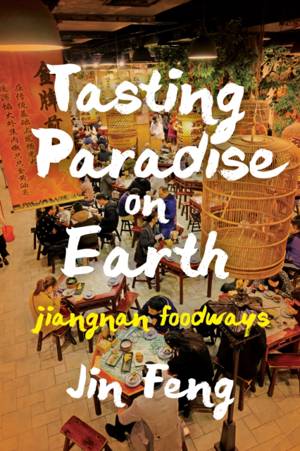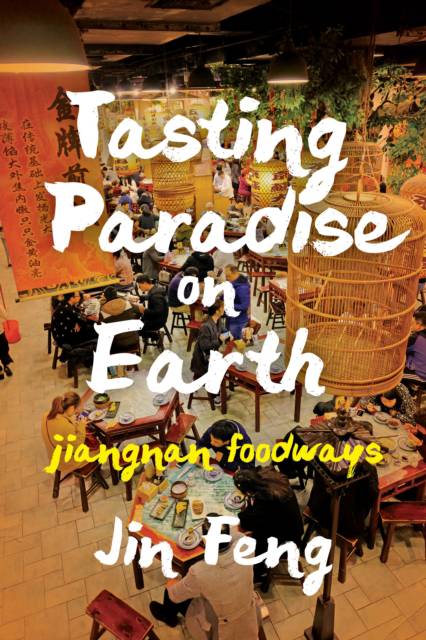
- Retrait gratuit dans votre magasin Club
- 7.000.000 titres dans notre catalogue
- Payer en toute sécurité
- Toujours un magasin près de chez vous
- Retrait gratuit dans votre magasin Club
- 7.000.000 titres dans notre catalogue
- Payer en toute sécurité
- Toujours un magasin près de chez vous
Description
Preparing and consuming food is an integral part of identity formation, which in contemporary China embodies tension between fast-forward modernization and cultural nostalgia. Jin Feng's wide-ranging exploration of cities in the Lower Yangzi Delta--or Jiangnan, a region known for its paradisiacal beauty and abundant resources--illustrates how people preserve culinary inheritance while also revamping it for the new millennium.
Throughout Chinese history, food nostalgia has generated cultural currency for individuals. Feng examines literary treatments of Jiangnan foodways from late imperial and twentieth-century China, highlighting the role played by gender and tracing the contemporary metamorphosis of this cultural landscape, with its new platforms for food culture, such as television and the internet. As communities in Jiangnan refashion their regional heritage, culinary arts shine as markers of ethnic and social distinction.
Spécifications
Parties prenantes
- Auteur(s) :
- Editeur:
Contenu
- Nombre de pages :
- 232
- Langue:
- Anglais
- Collection :
Caractéristiques
- EAN:
- 9780295745992
- Date de parution :
- 30-09-19
- Format:
- Livre broché
- Format numérique:
- Trade paperback (VS)
- Dimensions :
- 152 mm x 224 mm
- Poids :
- 226 g







